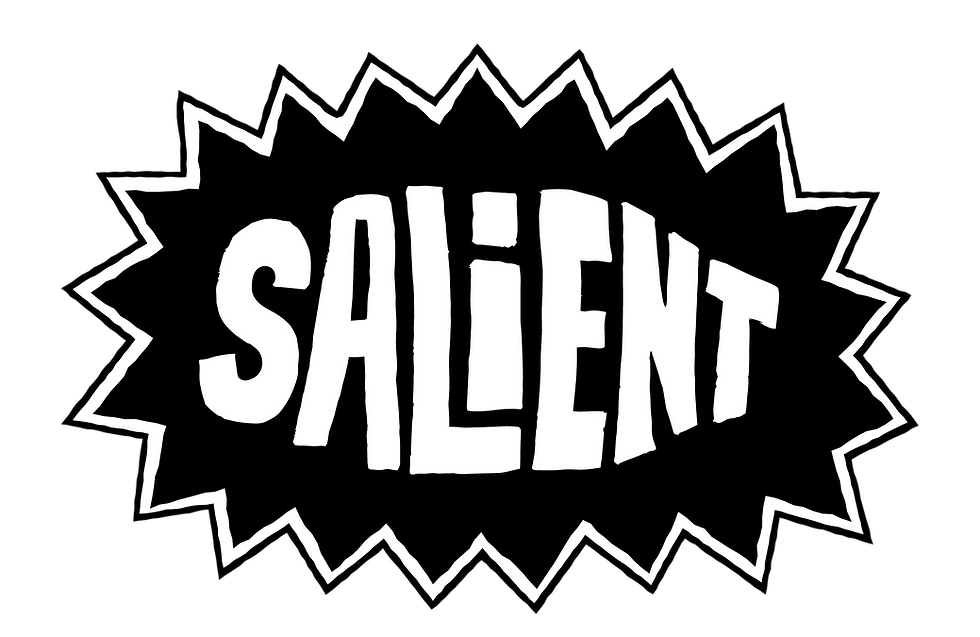What’s a Human Right Anyway?
- Maia Berryman-Kamp
- Sep 22, 2025
- 3 min read
Unpacking Politics' Most Beloved Shallow Phrase.
By Maia Berryman-Kamp (Te Arawa, Mataatua, me Tainui)
In this most humble of election seasons, you’ll be hearing a load of kupu that sound great, but mean very little. To me, #1 on the list is human rights—people are protecting them, enforcing them, trampling on them, denying them, altering them—and no one has really narrowed it down. One thing is clear though, a nod to human rights is a classic in the political playbook—as it should be. Right?
Kind of, yes, no, maybe? The first thing to understand is that Human is not as easy a category to understand as you might think. And this isn’t some Diogenes ‘behold a man’ chicken situation, we’re talking about the typical issue of racism. To quote my queen Angelina Jolie: “these are human rights, sometimes, for these people. Maybe sometimes for these people, never for these people”. One of the big reasons that NZ didn’t initially ratify UNDRIP? They struggled with the word ‘peoples’ for a bunch of legal-ish reasons. You see it in Palestine right now, with Zionists using every possible de-humanising term to justify the slaughter. The category of human isn’t exactly set because people are assholes sometimes, so that’s the first thing to watch for. If someone says they love human rights, ask them who they consider human.
Next thing to understand, rights in the way they exist in common knowledge need to be enforced. We all sign a little document saying we won’t be mean to certain people, but there needs to be a power to intervene. This power is the UN, which is incredibly effective if the ones being ‘mean’ are any country in Africa or the Middle East, and incredibly useless if it’s anyone that would pass the paper bag test. Many Indigenous scholars critique this very thing, saying that in needing a way to enforce rights, we end up legitimising powers with racism built into their bodies. The promise and restrictions of rights can easily channel or blunt Indigenous politics into 40+ years of back and forth with the UN, or endless ‘debates’ about technicalities and semantics.
Fancily put by Glen Coulthard: states use their “ability to entice Indigenous peoples to identify, either implicitly or explicitly, with the profoundly asymmetrical and nonreciprocal forms of recognition either imposed on or granted to them” to maintain control over Indigenous peoples and lands. No one wants to be the guy to go ‘maybe I don't like human rights’ because that’s a hard sentence to say and still sound vaguely moral or ethical. So, we end up in a system that benefits from our subjugation because what other options are there without the whole world turning on us? Classic examples of this are the right to free speech, right to self-defense, right to political opinion—they’re all incredibly vague things that sound good on the surface, so they’re difficult to question. This is the second thing to watch for. If someone says they want to protect your right to XYZ, ask them where that right comes from, and how they can protect it.
There seems to be a pervasive idea that the only involvement we have with our democracy is ticking some boxes every few years, and that once politicians are in power we just have to do what we are told. This is why they’re vague and use good sounding terms like ‘human rights’—because they think they just need to get in, and then it’s a free for all. But if we actually question our representatives to, god forbid, have a stance on something real, we start to see who actually knows their shit, and who just got an intern to scroll shityoushouldcareabout for five seconds.


Comments